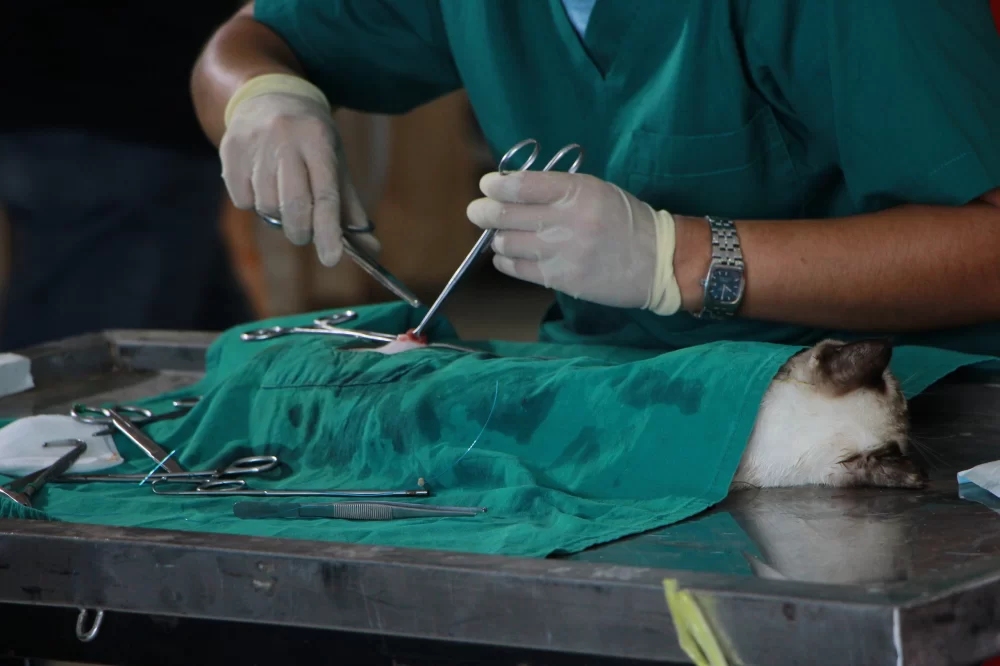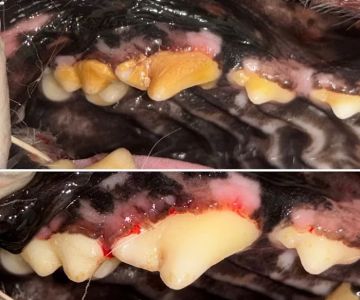How Long Does It Take to Become a Veterinary Surgeon?
- 1 - Understanding-The-Veterinary-Surgeon-Career-Path
- 2 - Pre-Vet-Education-Requirements
- 3 - Veterinary-School-And-What-To-Expect
- 4 - Surgical-Residency-Specialization
- 5 - The-Realistic-Timeline-And-Career-Milestones
- 6 - How-To-Make-The-Journey-Worthwhile
1. Understanding the Veterinary Surgeon Career Path
Becoming a veterinary surgeon is a dream for many animal lovers, but how long does it take to become a veterinary surgeon in the U.S.? It's a journey that typically spans over a decade. From undergraduate education to board certification, the path demands dedication, persistence, and passion for animal care and surgical excellence. The veterinary profession, especially surgical specialties, blends science with compassion and hands-on technical skill, making it a highly respected and challenging career.
2. Pre-Vet Education Requirements
The first step in answering how long does it take to become a veterinary surgeon begins with undergraduate studies. Most aspiring veterinary surgeons complete a bachelor's degree with a focus on biology, animal science, or a related field. This phase typically lasts 4 years. Admissions into veterinary programs are highly competitive, so students often engage in internships, volunteer work at animal shelters, or veterinary clinics to gain relevant experience.
Some students may complete post-baccalaureate studies if they switch majors or need to meet additional prerequisites, which can extend the timeline by 1–2 years. Strong performance in courses like organic chemistry, physiology, and microbiology is essential to be a strong veterinary school candidate.
3. Veterinary School and What to Expect
Once admitted to veterinary school, students enter a rigorous four-year Doctor of Veterinary Medicine (DVM or VMD) program. The curriculum blends classroom instruction, laboratory work, and clinical rotations. The final year focuses heavily on hands-on clinical experience, preparing students for the demands of real-world animal care.
While every student in veterinary school becomes a licensed vet after graduation, not all become veterinary surgeons. The desire to specialize requires additional commitment after completing the DVM. This is a pivotal point where those interested in how long it takes to become a veterinary surgeon must decide to pursue internships and residencies.
4. Surgical Residency Specialization
After veterinary school, prospective surgeons must complete a 1-year internship followed by a 3-year surgical residency accredited by the American College of Veterinary Surgeons (ACVS). During this time, veterinarians receive intensive training in orthopedics, soft tissue surgery, and neurosurgery. They assist in surgeries, manage post-operative care, and publish research to meet board certification requirements.
Veterinary surgical residencies are highly competitive, with only a small percentage of veterinarians gaining placement. Candidates often need strong recommendations, surgical experience, and excellent academic records. The residency also includes comprehensive examinations and case logs documenting surgical competencies.
5. The Realistic Timeline and Career Milestones
Let’s do the math: 4 years of undergraduate studies + 4 years of veterinary school + 1 year internship + 3 years of surgical residency = approximately 12 years. In some cases, the journey may take longer due to gap years, research fellowships, or if applicants apply multiple times to residency programs.
After completing the residency, candidates must pass the ACVS board examination to officially become a board-certified veterinary surgeon. That exam covers both written and practical components and has a relatively low pass rate, reflecting the intense demands of the field.
While 12 years is the average, it's not uncommon for some to take 13–15 years depending on individual circumstances. It's a lengthy path—but for those passionate about animal surgery, it’s an investment in a deeply rewarding career.
6. How to Make the Journey Worthwhile
If you're wondering how long does it take to become a veterinary surgeon because you're passionate about helping animals, remember that the journey is as meaningful as the destination. Along the way, many future surgeons build networks, mentor peers, and contribute to scientific advancements that shape the profession.
To stay on track, mentorship is key. Connecting with established veterinary surgeons through professional organizations or veterinary schools provides insight and support. Tools like specialized surgical training kits, DVM test prep resources, and webinars can also accelerate your learning and confidence.
Thinking of pursuing this noble path? Explore curated educational tools, textbooks, and residency prep materials on our site to support your progress. We’re here to help you turn that 12-year dream into a thriving, purpose-filled profession.












